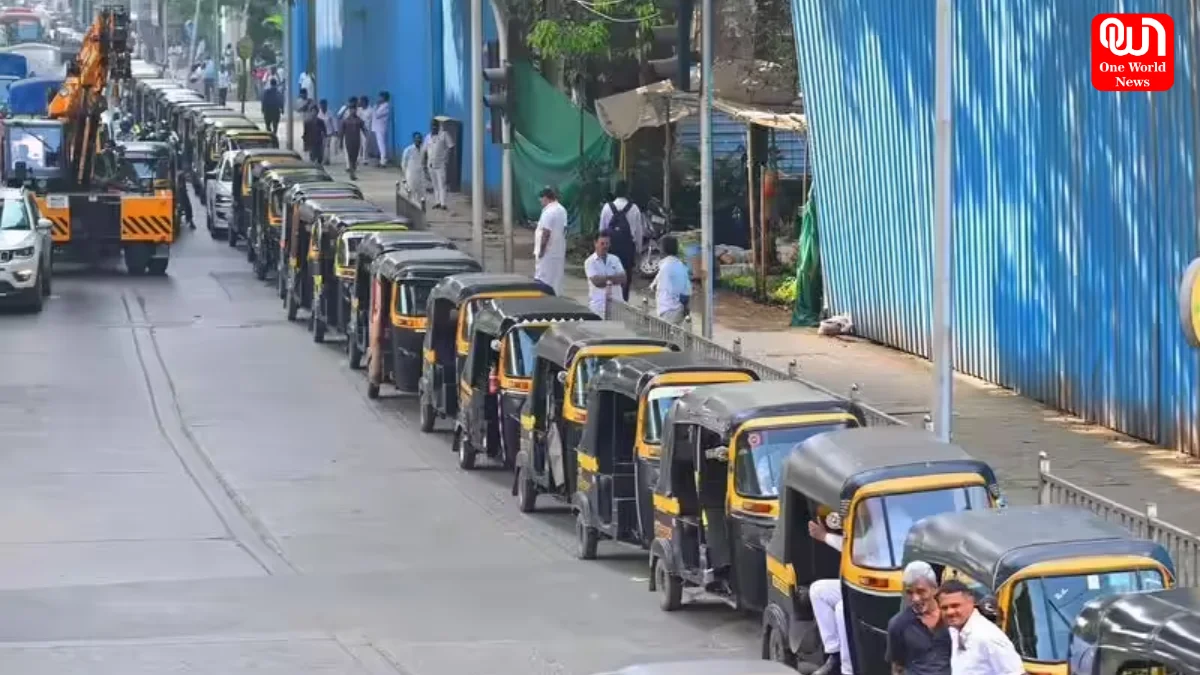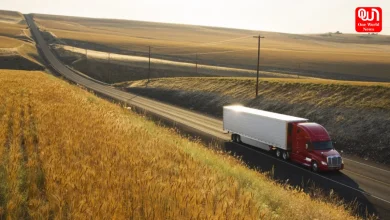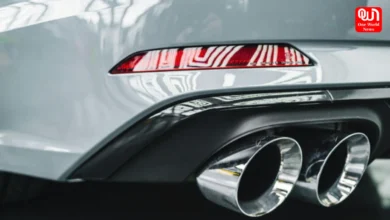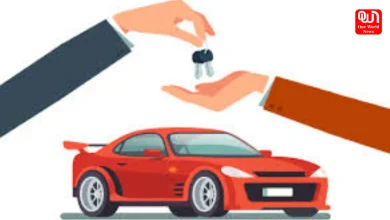Mumbai CNG Crisis: How Mumbai’s Transport Network Collapsed Overnight
Mumbai CNG Crisis disrupts buses, autos, taxis and school transport across MMR as pipeline damage halts supply; commuters face major travel chaos.
Mumbai CNG Crisis Deepens: Autos, Taxis, Buses Vanish as Fuel Supply Collapses
Understanding the Worsening Mumbai CNG Crisis
The Mumbai CNG Crisis has pushed the city into an unprecedented transport breakdown as a damaged GAIL pipeline continues to disrupt fuel supply across the Mumbai Metropolitan Region (MMR). Since Sunday afternoon, multiple CNG stations have remained shut or are operating at extremely low pressure, leaving lakhs of commuters stranded during peak hours. Autos, taxis, school buses and app-based cabs were scarce early this morning, forcing people to rely on overcrowded trains and metros. With long queues stretching outside the few operational pumps, drivers who managed to refuel charged steep fares, leaving commuters frustrated and helpless.
Read more: Labubu Movie Announced: Sony Brings the Collectible Toy Sensation to Hollywood Spotlight
BEST Buses Expected To Suffer Major Disruptions Today
BEST’s CNG-powered fleet is among the worst hit as reserves ran out on Monday night. Officials stated that nearly 44% of buses could remain off the roads today if the supply does not improve. The transportation body relied on leftover fuel stored at the Anik depot to keep buses running on Monday, but those stockpiles were exhausted quickly. If close to half the fleet remains non-operational, it will place immense pressure on Mumbai’s already strained public transport system. Local trains, metros and remaining BEST buses will be packed beyond capacity, worsening the rush-hour chaos.
Impact Across Mumbai, Thane And Navi Mumbai
Autos, Taxis And Cabs Missing From Roads
The CNG crisis has brought Mumbai’s taxi and autorickshaw network to a standstill. Nearly three lakh autos and 20,000 black-and-yellow cabs struggled to operate as drivers spent hours waiting at fuel pumps instead of picking up passengers. Pump shutdowns, low-pressure refuelling and uncertain supply led many drivers to refuse long-distance rides or demand inflated fares. App-based cabs added to the misery with surge pricing reaching nearly double the usual rates.
School Buses And Local Transport Hit Hard
Over 2,000 school buses across MMR, all dependent on CNG, remained off-road on Monday. This forced parents to make last-minute arrangements or accompany children to school on foot. In Thane and Navi Mumbai, only a handful of pumps had fuel, creating kilometres-long queues. Many motorists returned without fuel as stations repeatedly halted services due to pressure drops. Transport officials in both areas warned that services could be maintained only until Tuesday morning without restored supply.
What Authorities And Unions Are Saying
Mahanagar Gas Limited (MGL) announced that domestic PNG supply remains unaffected, but the CNG network continues to suffer due to the GAIL pipeline rupture. Out of 389 stations, only 225 are currently operational. MGL expects restoration by Tuesday noon but urged industrial and commercial consumers to shift temporarily to alternative fuels. Auto and taxi unions have requested urgent intervention, stating that drivers are unable to earn as they spend entire days waiting for fuel.
Read more: Bollywood Shockwaves: Shraddha Kapoor and Nora Fatehi Named in Dawood Ibrahim Drug Parties Probe
The Real Reason Behind The CNG Supply Collapse
On Sunday, GAIL’s pipeline near the Rashtriya Chemicals and Fertilizers (RCF) plant in Chembur suffered “third-party damage,” causing a major rupture. This disrupted gas flow to MGL’s City Gate Station (CGS) at Wadala, the pivotal supply point that feeds Mumbai, Thane and Navi Mumbai. With inadequate supply reaching Wadala, CNG pumps across the region were forced to either shut down or function at low pressure, triggering the widespread transport crisis now affecting the entire MMR. Repairs are currently underway, and MGL has assured full-capacity restoration once the pipeline is fixed.
Mumbai CNG Crisis: An Unavoidable Reminder Of Fuel Vulnerability
As Mumbai struggles to navigate this worsening situation, the Mumbai CNG Crisis has exposed the fragility of the city’s transport infrastructure. Until full restoration is completed, commuters are expected to face significant delays, higher travel costs and severe shortages of public transport options.
We’re now on WhatsApp. Click to join.
Like this post?
Register at One World News to never miss out on videos, celeb interviews, and best reads.








